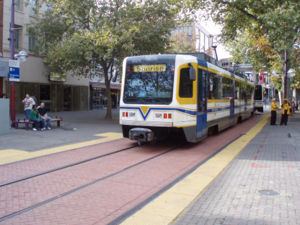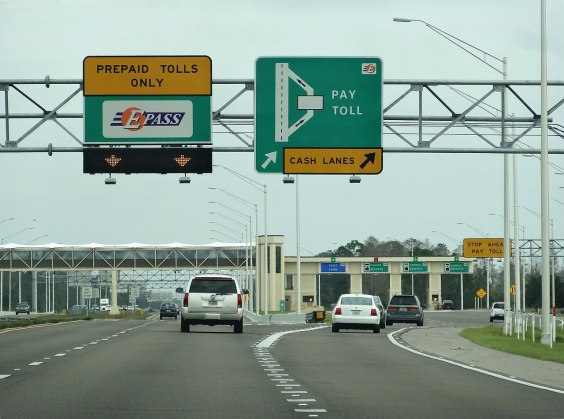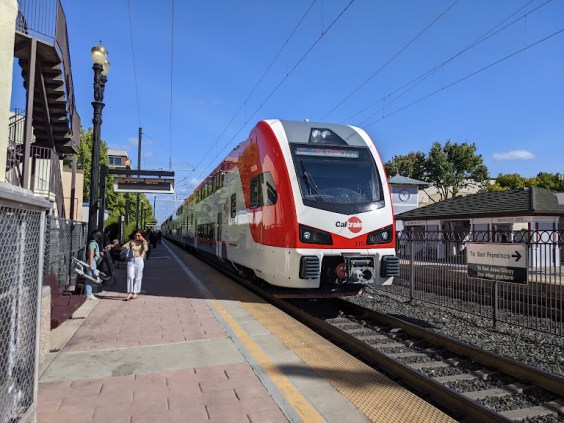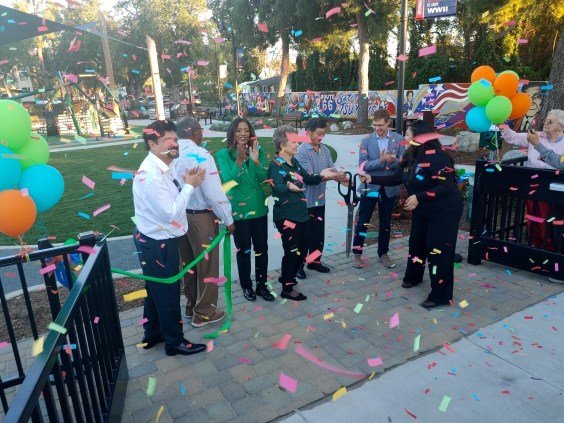The Low Carbon Transit Operations Program (LCTOP) was created under California's climate change laws and receives funding from the state's cap-and-trade program. Every year, the LCTOP awards grants - for the last few years, almost $150 million to 150-plus transit agencies - for projects that improve transit and encourage California residents to use it.
This exceptional year was no exception. A few weeks ago, Caltrans announced $146 million in grants for 166 local transit projects, including free or reduced fares, new or expanded services, zero-emission vehicles, and improving transit stops.
The point of the LCTOP is to lower greenhouse gas emissions using zero emission transit vehicles and encouraging more transit use. Grants tend to focus on ways to make riding transit more convenient, useful, and pleasant. It's difficult to know to increase ridership right now, when the pandemic that has decimated every transit agency's budget. But investments in future improvements - like better stops and stations - is still a good idea. In addition, some agencies submitted grants to expand shuttles and fare-free services, to further safety by making it easier for riders and drivers to keep a safe distance.
Planning wheels turn slowly, and projects can take a long time to formulate, submit grants, and then finish once the money is allocated. It's hard to predict what next year will bring, but for now money for these projects is available.
Some of the projects are ongoing, with these grants allowing the agencies to continue work they have already begun.
For example, some transit agencies are in the middle of transitioning from using diesel buses to electric buses, which involves buying new vehicles as well as installing charging infrastructure for them. Twenty-six transit agencies throughout the state received grants to further this work, including Mendocino, Trinity, Butte, Solano, and Yolo counties; the cities of Redding, Elk Grove, Fairfield, and Petaluma, and Galt; Caltrain and S.F. Muni; Livermore Amador Valley, Napa Valley, and Santa Clara Valley; San Joaquin Regional Transit, Monterey-Salinas Transit, and the city of Santa Maria. In the inland and southern areas, Fresno County Rural Transit, Kern Regional Transit and the cities of Arvin, Taft and Ridgecrest; L.A. Metro, Omnitrans, Victor Valley, San Diego and North County Transit, and Orange County all received grants ranging from $39 million (to L.A. Metro, for stationary and portable charging equipment and stations) to $25,000 (to the city of Taft, for two battery electric buses, a fast-recharge station, and other station improvements).
Some version of free or reduced-fare transit will be provided at about forty agencies. These programs range from elimination of all fares to offering free transit on certain days, offering vouchers for free transit, and programs that reduce fares for certain categories of riders such as youth, senior, or low-income people.
Some of these grants should especially help the smaller transit agencies to replace at least some of their losses from the pandemic ridership hole, but it's less clear how much they will succeed in encouraging people to ride transit.
The Bay Area's MTC also received a grant of almost $5 million to pilot a regional means-based transit fare program to study lower fares for low-income riders as well as creating a consistent regional standards for fare discounts, something that's a problem in the nine-county area that has almost thirty separate transit agencies with little coordination between them.
In addition, numerous grants will allow agencies to expand or add service. For example, Truckee will receive $110,000 to add a night bus in eastern Placer County. Sacramento Regional Transit received several grants to increase and expand service on specific routes, including hours of operation, frequency, and service area. AC Transit received $5 million to operate its new Bus Rapid Transit route in Oakland. Long Beach Transit received $768,000 for a new commuter express bus between Long Beach and the UCLA campus.






